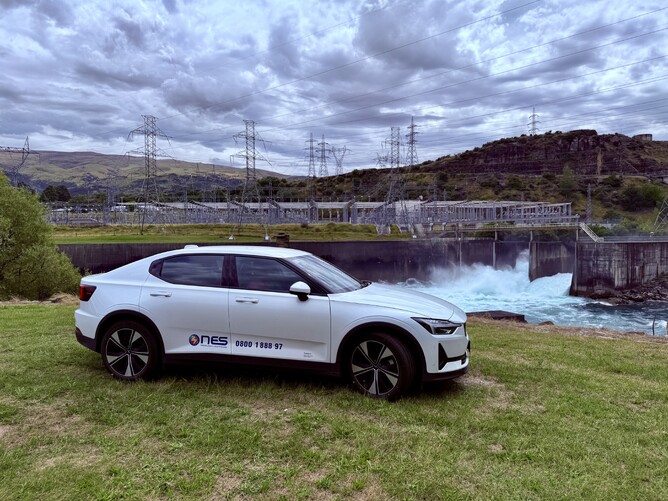Electrification is emerging as a key concept in the conversation about how New Zealand powers its economy. While it might sound like a technical term, at its core, electrification means replacing technologies that run on fossil fuels - such as petrol, diesel or gas - with those that use electricity.
Across the country, the conversation is gaining traction, and for good reason. From freight transport to food production, manufacturing to tourism, many sectors are beginning to consider what it might look like to shift towards electric alternatives. For businesses across Southland and Otago, electrification represents both a challenge and an opportunity.
Driving Electrification
A major driver behind this shift is New Zealand’s goal to reduce greenhouse gas emissions. As electricity in New Zealand is largely generated from renewable sources, using it instead of fossil fuels can significantly reduce carbon outputs across a wide range of industries.
But it is not just about emissions. In some cases, electric technologies offer long-term cost benefits, lower maintenance requirements, and the potential for energy independence through on-site renewable generation and storage.
As more organisations explore these technologies, the question is shifting to how this transition will take place and what it means in practical terms for business operations.
Can the Grid Keep Up?
With growing interest in electrification, pressure on New Zealand’s electricity infrastructure is becoming a central concern. Can the existing grid support a substantial increase in demand?
That’s a question being asked nationwide and it is especially relevant in regional areas. As the volume of electric vehicles, machinery and heating systems increases, ensuring the grid has the capacity and resilience to meet future demand will be critical. This opens up conversations around smart energy use, peak load management, and local generation and storage solutions.
Farming in Southland
While electrification spans all sectors, agriculture is a particularly relevant example here in Southland. From electric quad bikes and tractors to irrigation systems and milk chilling, electric technologies are beginning to find their place on the farm.
There is also growing interest in on-farm generation, such as solar panels and the potential for battery systems to store energy and improve reliability. These solutions form part of a growing toolkit that is likely to expand over time.
Queenstown’s Electrification Accelerator
The Queenstown Electrification Accelerator, recently launched by a local innovator, is a regional initiative aimed at accelerating the transition to electric systems. While initially focused on tourism and hospitality, it signals how communities in Otago and Southland are beginning to explore electrification in real-world contexts.
It also demonstrates how local leadership can drive meaningful discussion and innovation that aligns with both economic and environmental goals.
NES
NES recognises that electrification is part of a broader shift in how energy is produced, delivered and used across New Zealand. We are committed to supporting this transition - not only through insight and infrastructure, but also by working behind the scenes to help bring forward new technologies tailored to the needs of New Zealand sectors.
This includes the design and delivery of solar and battery energy storage systems (BESS) for agricultural, commercial and utility-scale applications. These solutions are purpose-built for local conditions and have been developed with compatibility and resilience in mind.
NES is approved to work across electricity networks in Southland, Otago and South Canterbury. This means we can provide end-to-end energy integration - from the solar panel right through to the power lines - ensuring systems are designed and delivered with safety, reliability and performance at the forefront.
Electrification is not a one-size-fits-all solution, but it is becoming a critical part of future planning - whether you're operating a farm, managing freight, or leading a processing facility.
As energy demand evolves, NES will continue to work alongside regional industries, supporting informed decisions and practical outcomes - so that whatever form electrification takes, Southland is ready.
Have questions about energy solutions for your operation?
Contact the NES team to discuss your options.


